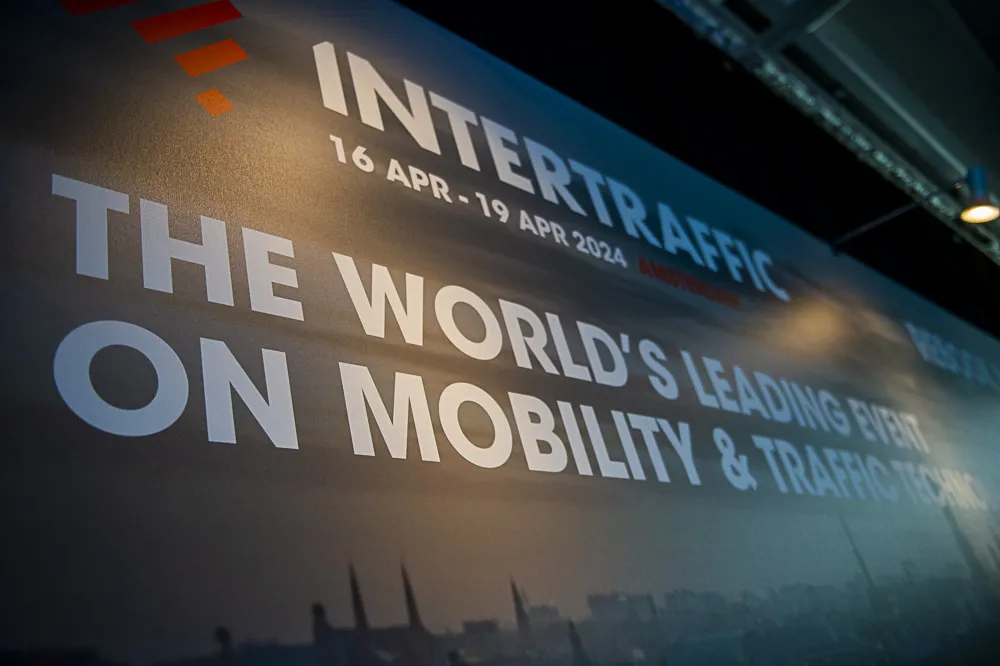According to a new report from IDTechEx Research, Electric Car Technology and Forecasts 2017-2027, the biggest change in cars for one hundred years is now starting. It is driven by totally new requirements and capabilities. They will cause huge new businesses to appear, but some giants will spectacularly go bankrupt. Cities will ban private cars but encourage them as autonomous taxis and rentals. Already 65 per cent of cars in China are bought by businesses.
The Japanese want the car to be part of the hy
December 5, 2016
Read time: 2 mins
According to a new report from 6582 IDTechEx Research, Electric Car Technology and Forecasts 2017-2027, the biggest change in cars for one hundred years is now starting. It is driven by totally new requirements and capabilities. They will cause huge new businesses to appear, but some giants will spectacularly go bankrupt. Cities will ban private cars but encourage them as autonomous taxis and rentals. Already 65 per cent of cars in China are bought by businesses.
The Japanese want the car to be part of the hydrogen economy and a source of back-up power. Emerging countries want car-like vehicles, mainly as taxis, that are one-tenth of the cost and never refuel. There is even work on getting electricity from tyres.
The mechanical world of cogs, axles, pistons and brakes is becoming one of power electronics, complex electric machine systems, batteries and their successors. Integration is the name of the game with structural electronics, where components-in-a-box are becoming smart wheels, smart bodywork, smart seating and single-piece composite dashboards with integrated instruments.
Electric Car Technology and Forecasts 2017-2027 has the latest insight and balanced analysis on advances of electric cars and their global markets. It details developments in key enabling technologies, structural electronics and progress towards electric independent vehicles, carefully assessing where and when these will appear and who the winners and losers will be.
The report provides ten year forecasts for nine categories of cars and car-like vehicles. It finds a huge market emerging for the cheapest and easiest way of converting the existing production of cars to keep them legal as new climate change laws bite - the 48V mild hybrid. Uniquely, there is also a complete chapter on cars in China - the country that buys the most, has some of the lowest costs and leapfrogging innovation but completely different market drivers and strong government control.
The Japanese want the car to be part of the hydrogen economy and a source of back-up power. Emerging countries want car-like vehicles, mainly as taxis, that are one-tenth of the cost and never refuel. There is even work on getting electricity from tyres.
The mechanical world of cogs, axles, pistons and brakes is becoming one of power electronics, complex electric machine systems, batteries and their successors. Integration is the name of the game with structural electronics, where components-in-a-box are becoming smart wheels, smart bodywork, smart seating and single-piece composite dashboards with integrated instruments.
Electric Car Technology and Forecasts 2017-2027 has the latest insight and balanced analysis on advances of electric cars and their global markets. It details developments in key enabling technologies, structural electronics and progress towards electric independent vehicles, carefully assessing where and when these will appear and who the winners and losers will be.
The report provides ten year forecasts for nine categories of cars and car-like vehicles. It finds a huge market emerging for the cheapest and easiest way of converting the existing production of cars to keep them legal as new climate change laws bite - the 48V mild hybrid. Uniquely, there is also a complete chapter on cars in China - the country that buys the most, has some of the lowest costs and leapfrogging innovation but completely different market drivers and strong government control.








